by Dirk Röder (title photo: XEvansGambitx)
Partners and experts on the history of the end of the Second World War met in Krakow (PL) on the occasion of the Liberation Route Europe (LRE) annual congress 2025. With the Krakow Ghetto and the nearby Auschwitz concentration camp, the city is of great importance to many people in remembering and commemorating the victims of the Second World War. The Liberation Route Europe tells this story along hiking trails in the footsteps of the Allies across Europe and beyond.
The Second World War also plays a major role in FORTE CULTURA, especially when fortress buildings are directly linked to it through conversion (Theresienstadt) or new construction (Westwall).
As a result, the two routes meet again and again in terms of content and have maintained a very good partnership since 2019. The LRE Annual Congress once again provided a good opportunity for in-depth discussions to expand the existing cooperation. The gala dinner for the LRE Congress took place in a former monument of the Krakow Fortress, now the Museum of the Polish Army.

Even though Krakow’s history was overshadowed by the events of the Second World War, the city on the Vistula has been a melting pot of traditions and international influences for centuries and was not without good reason the European Capital of Culture in 2000.
The Krakow Fortress
In the middle of the 19th century, Austria-Hungary built one of the largest fortifications in Poland, consisting of more than 170 fortifications and functional buildings in three rings around the city. Reason enough to meet with fortress experts from the city and talk about future cooperation.
In the city administration we met Matheusz Drożdż, who recently published a guide to Krakow’s fortress and reported in detail on the history and revitalisation process of the many monuments.
Afterwards, Professor Krzysztof Wielgus (TU Krakow) and Marcin Paradyż (Deputy Director of Local Government) gave an enthusiastic tour of Fort 52 “Borek”, Fort 52a “Jugowice” and Fort 2 “Kosziuscko”, all of which are excellent examples of the sustainable renovation and utilisation of fortified monuments.

Gallery to the article
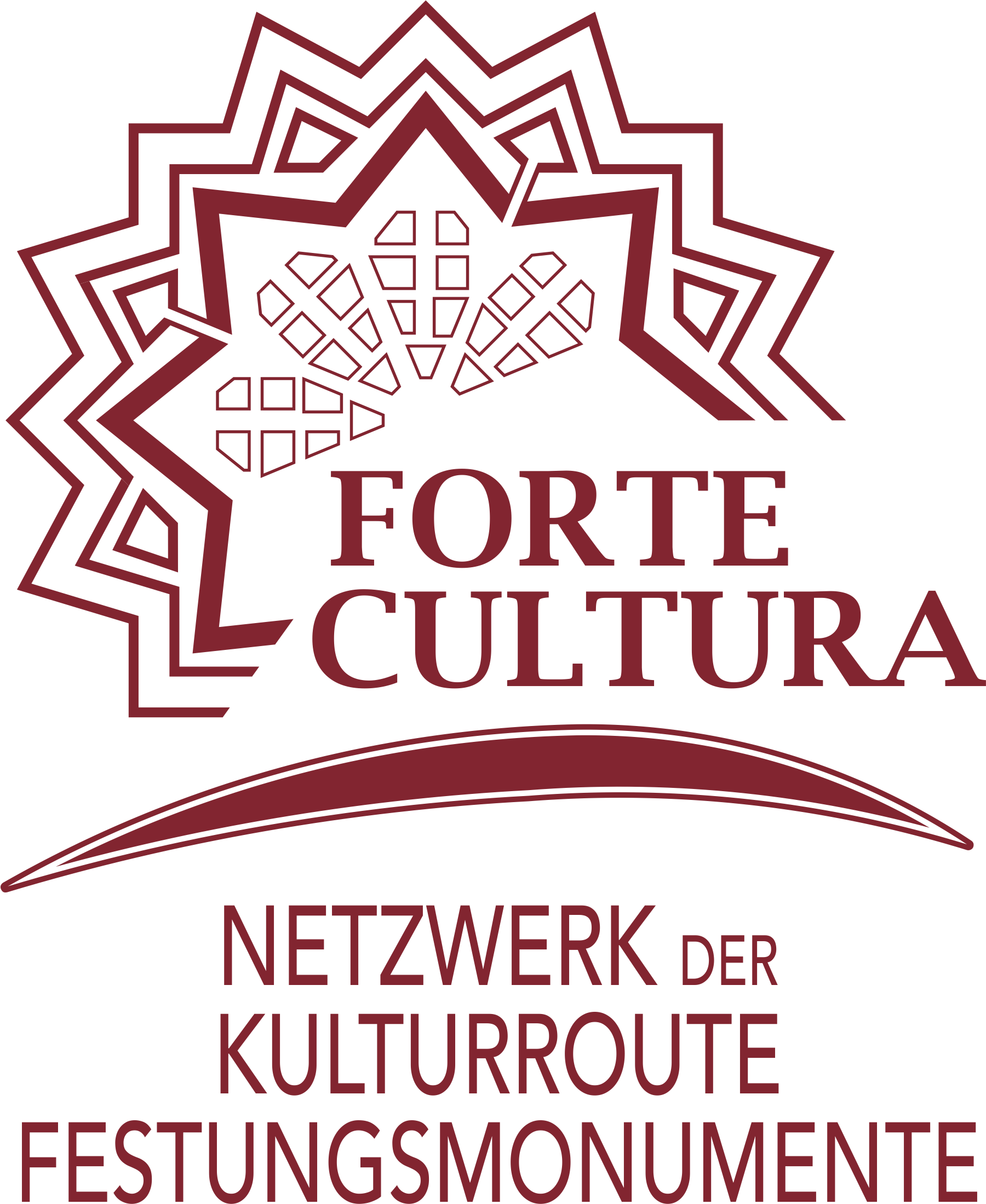

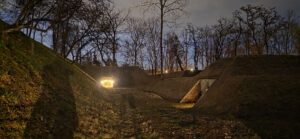



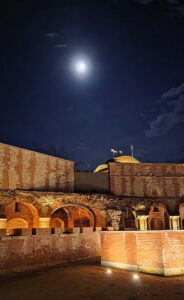
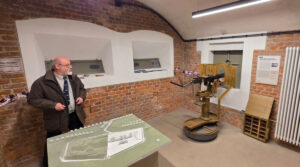



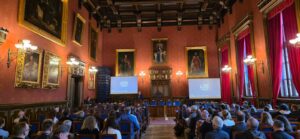
Schreiben Sie einen Kommentar